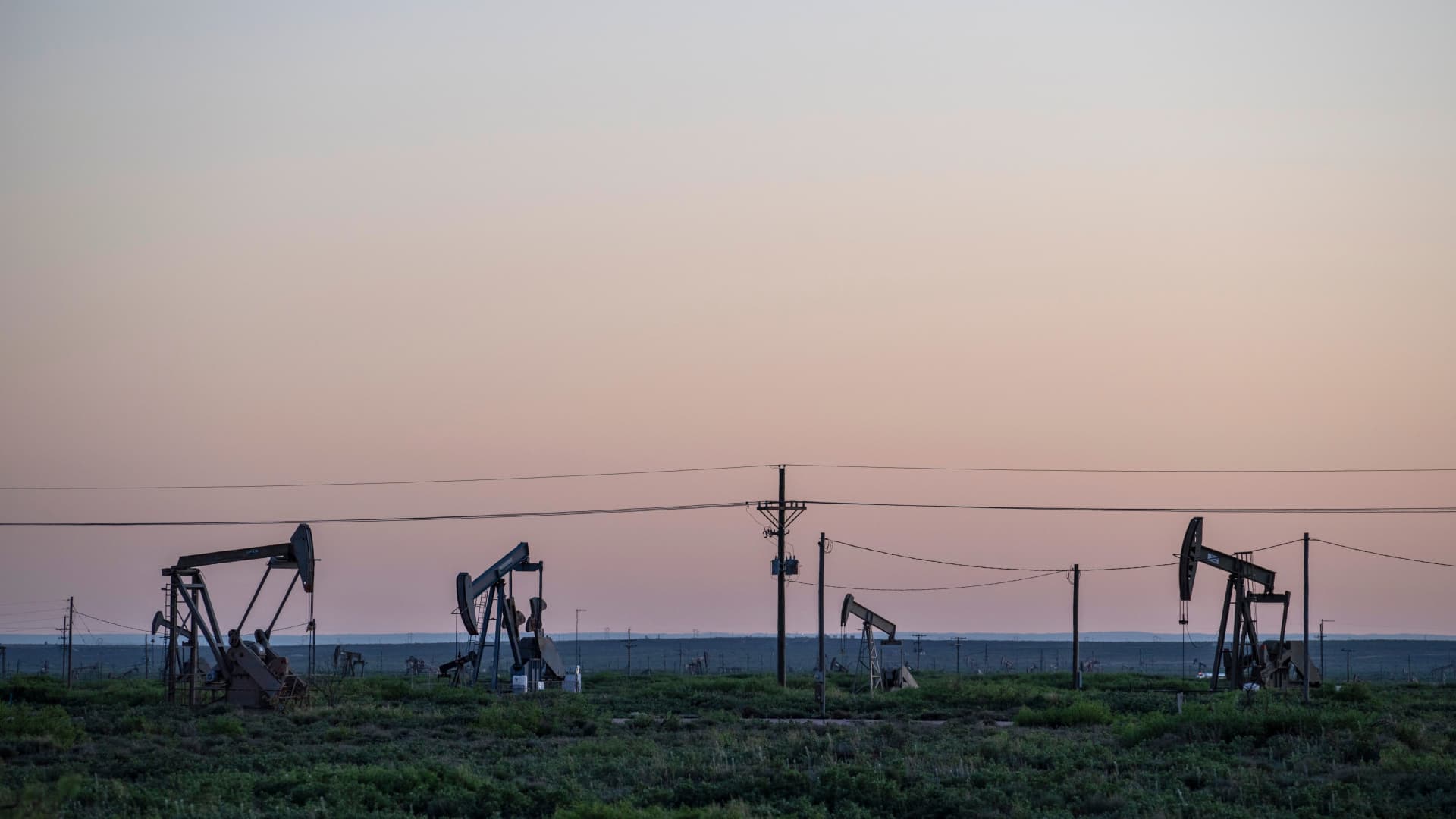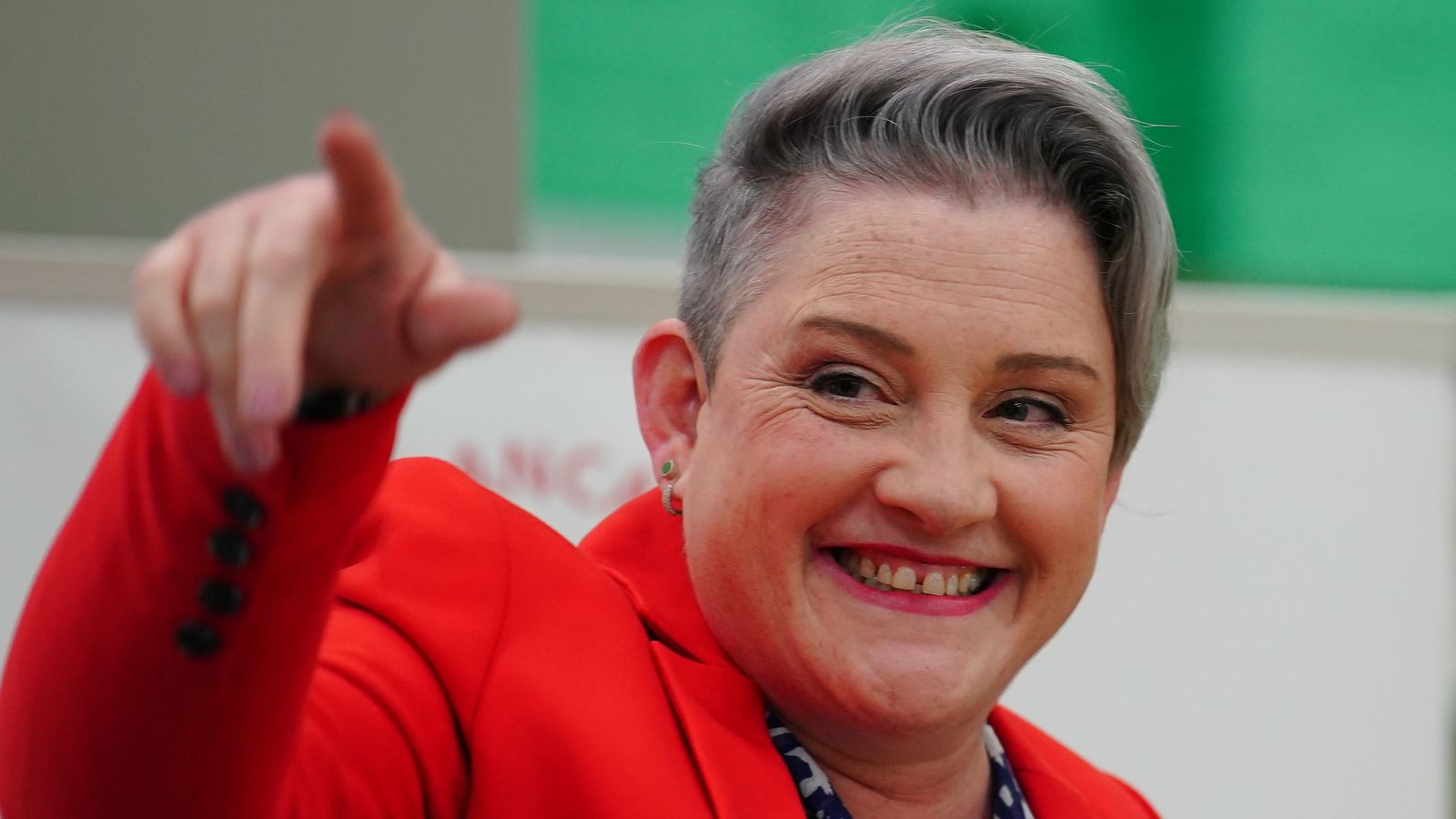Courtesy of Union Of Concerned Scientists.
By Joseph Daniel, Senior energy analyst
When I came to UCS three years ago, coal self-commitment—the practice of coal plants running when cheaper (and cleaner) resources are available on the grid—was still a nascent and poorly understood issue. Our analysis highlighting the issue at that time called it the “coal bailout, nobody was talking about,” but that changed quickly as the practice started getting covered by trade and national media alike. The Energy Gang podcast even dubbed it the “story of the year” in 2018.
That media coverage piqued the interest of commissioners across the country. As it entered the energy sector zeitgeist, more and more experts, advocates, commissions, and utilities began looking into the issue. Earlier this year, Deloitte identified self-commitment practices as one of two key barriers to transitioning off of coal.
Now, new research from the Union of Concerned Scientists finds that 25 states have taken up substantial discussion of the issue of coal self-commitment in state public utility proceedings.
Consumer advocates, environmental advocates, and commercial customers (like Google, Target, and Facebook) have partnered up across the country to address this issue with lots of progress and some very tangible successes to date. And yet, there is still lots to be done.
25 state utility commissions have heard arguments about why utilities shouldn’t be allowed to run their coal plants as “must-run” or commit them in uneconomic ways. Most of this has taken place at state PUCs where there is also an ISO/RTO but states like Georgia and Colorado show an emerging trend for this argument popping up in non-RTO states.
New Research
The issue of coal plants running when cleaner and cheaper resources are available has now become a far more commonly understood and talked-about issue.
Using Advance Energy Economy’s PowerSuite software, UCS was able to sift through hundreds of public utility dockets across the country and find all the dockets where the issue of uneconomic self-commitment has been raised and substantively discussed by the public and by experts in these proceedings. From public comments in Washington, to expert reports to public utility commissions, this issue is now part of the industry zeitgeist.
Worst actors
In “Used but how Useful?” UCS named some of the worst actors in the MISO region after analyzing 2018 as a test year. We found that much of the problem was being driven by a handful of bad actors. Some of the worst actors, like Cleco in Louisiana, quickly made the switch to seasonal operations and eventually opted to retire their uneconomic coal plants. Others, like Michigan-based DTE, remain intractable despite mounting evidence that they are operating the pool of generation resources sub-optimally and that is costing customers tens of millions of dollars and an indeterminant amount in the form of health costs from increased pollution. They still remain as one of the worst actors, based on UCS data.
Duke
Duke’s sub-optimal coal operations have been called into question many times. In North Carolina, Synapse IRP modeling showed removing the must run designation resulted in significant reduction of coal generation and costs. In Indiana, intervenors have been digging deep on this issue and the evidence of Duke operating its coal plants when lower cost resources were available is very convincing. Yet the commissioners in Indiana sided unanimously in deference to the utility’s decision making. Duke is also the co-owner of a fleet of coal plants operated by “OVEC.” These coal plants, that have been implicated by the recent scandals in Ohio, have been shown in multiple Ohio public utility commission proceedings to be operating when it makes no economic sense to do so.
Xcel
Xcel Energy is perhaps the most interesting case study. In Minnesota, regulators were quick to recognize the problem and firmly pressed the regulated utilities in that state to provide answers and, more importantly, solutions to the problem. It was clear from the onset that the regulators were serious about thoroughly investigating the issue, as they opened up its own dedicated proceeding.
Xcel quickly switched its Minnesota coal units to economic dispatch and conducted its own analysis that found that it could save even more money by turning the units off completely during the ‘shoulder’ seasons when energy was abundant and cheap.
Juxtapose this with Xcel’s coal operations in Colorado, where there has been no such leadership at the commission level. Independent analysis shows the company could save customers money by turning their coal units off during certain months of the year. The independent auditor called for an investigation, but only the commission has the authority to initiate it.
The need for strong leadership and dedicated proceedings
If there is one key takeaway from the previous 25 states where advocates have sought to curb the uneconomic practice of coal self-commitment, it is just how important a scrupulous regulator is for delivering a successful outcome. In most states thus far, our arguments devolve into a game of regulatory whack-a-mole.
- In rate cases, the utility says this is an issue for fuel dockets.
- In fuel dockets, the utility says the issue is about long-term fuel contracts which are signed based on long-term projections of fuel use.
- Those long-term projections are made during integrated resource plans.
- And when we bring it up in those dockets, the utility says that’s about coal plant operations, which there isn’t really a docket to discuss that at all.
UCS is calling on state public commissions to open up dedicated proceedings on how (or if) utilities are optimizing their dispatch decisions
Over the past 10 years, markets have changed dramatically, and the strategies utilities employ to deliver low-cost energy to customers must keep up.
Ten years ago, it made sense to turn on a coal plant and leave it on. That is no longer the case.
Ten years ago, most utilities could serve customer load with company-owned resources at a cost below the market prices, but that isn’t the case anymore either.
Companies need comprehensive strategies on when to rely on company-owned resources and when to rely on the market. And regulators need to ensure that companies are updating their practices to reflect the changing market conditions and operate resources they own in a way that is prudent and keeps the customers’ best interests in mind.



